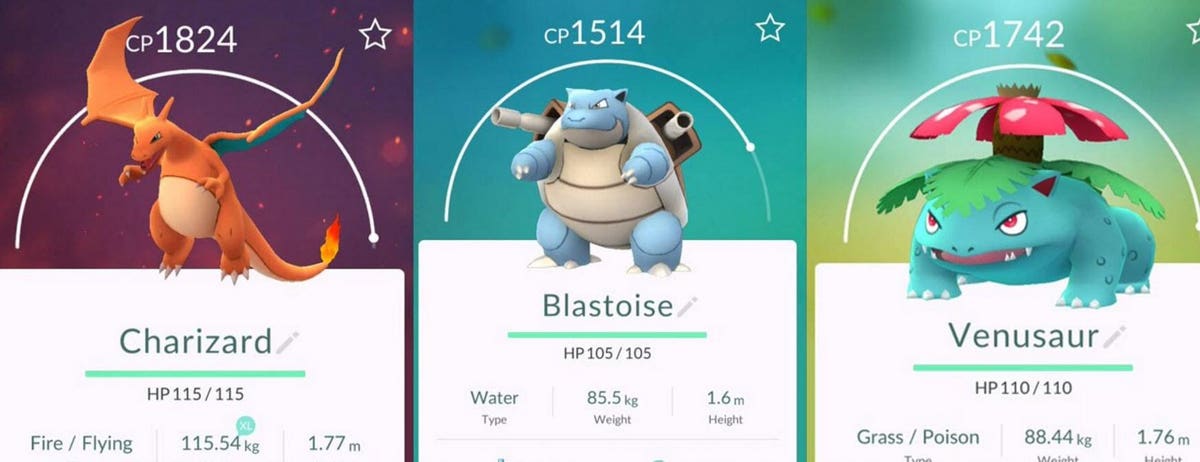## From Pocket Monsters to Predictive Power: Niantic’s Surprising Pivot
Remember when the world went Pokemaniac? Niantic’s “Pokemon Go” wasn’t just a mobile game, it was a cultural phenomenon. It turned parks into battlegrounds, sidewalks into treasure hunts, and pocket monsters into real-world companions. But behind the adorable pixelated creatures and augmented reality adventures, a billion-dollar empire was built. Now, Niantic is making a bold move, turning its back on gaming to embrace the future of AI.

Scopely’s Shadow: Concerns About Monetization and the Future of Pokémon GO

Last week, whispers turned into shouts: Niantic, the company behind the monumental success that is Pokémon GO, was reportedly in talks to sell their flagship title to Scopely, the gaming behemoth known for titles like Marvel Strike Force and Star Trek Fleet Command. This news sent tremors through the Pokémon GO community, a community that has grown accustomed to Niantic’s increasingly aggressive monetization strategies.
Gamestanza readers, you’re not alone in your apprehension. Many have voiced concerns about what Scopely’s ownership might mean for the future of Pokémon GO. After all, Scopely has a reputation for implementing heavy monetization tactics in their games, often criticized for prioritizing profits over player experience. The fear is that Pokémon GO, already grappling with issues of exploitative “pay-to-win” mechanics, could become even more predatory under Scopely’s reign.
The Unfulfilled AR Dream: Niantic’s Struggle to Replicate Pokémon GO’s Success
Niantic’s initial vision for Pokémon GO was ambitious: to revolutionize gaming through augmented reality (AR). The game’s phenomenal success, with over 650 million downloads worldwide, seemed to validate this vision, positioning Niantic as a pioneer in the burgeoning AR market.
However, since Pokémon GO’s initial boom, Niantic has struggled to replicate its success with other AR titles. Harry Potter: Wizards Unite, a game initially hyped as the next Pokémon GO, failed to capture the same widespread appeal and eventually shut down. The company’s subsequent ventures, such as Pikmin Bloom and Catan AR, have also fallen short of expectations, raising questions about Niantic’s ability to innovate and adapt beyond the Pokémon GO formula.
Contract Negotiations and Pikachu’s Cut: The Potential Role of The Pokémon Company
Niantic’s potential sale of Pokémon GO to Scopely also sheds light on the complex relationship between the game developer and The Pokémon Company, the IP holder for the beloved franchise. The Pokémon Company has a vested interest in the continued success of Pokémon GO, as it generates a significant portion of revenue for the company.
As Pokémon GO approaches its tenth anniversary, the existing licensing agreement between Niantic and The Pokémon Company is likely to be up for renegotiation. It’s plausible that The Pokémon Company, seeing the immense success of Pokémon GO, is demanding a larger share of the profits. This could be a contributing factor to Niantic’s decision to explore a sale, as they may be seeking a partner who is willing to share the financial burden and negotiate favorably with The Pokémon Company.
The AI Horizon: Niantic’s New Frontier
Trading Data for Intelligence: Leveraging Pokémon GO Data to Train AI Models
While Niantic’s gaming endeavors have stumbled, the company has set its sights on a new frontier: artificial intelligence (AI). This shift is fueled by Niantic’s vast trove of user data collected through Pokémon GO, a treasure trove of real-world location data and player behavior patterns.
Niantic’s future focus appears to be on enhancing spatial intelligence through large-scale machine learning models. They aim to utilize the data gathered from Pokémon GO and other titles to build detailed 3D maps of the world, potentially revolutionizing navigation, urban planning, and location-based services.
Investing in the Future: Is Niantic Abandoning Gaming for a Lucrative AI Market?
The potential sale of Pokémon GO to Scopely, coupled with Niantic’s newfound focus on AI, raises questions about the company’s future in gaming. Is Niantic abandoning its core competency—developing engaging and innovative games—to chase the perceived riches of the AI market?
While it’s too early to definitively answer this question, Niantic’s actions suggest a strategic realignment. The company may be recognizing that the AR gaming landscape is more competitive than initially anticipated, with the initial hype surrounding Pokémon GO failing to materialize in subsequent titles.
The Gambler’s Stakes: Can Niantic’s AI Bet Pay Off After Selling Their Crown Jewel?
Niantic’s gamble on AI is a high-stakes bet. If successful, it could lead to groundbreaking advancements in spatial intelligence and unlock new revenue streams for the company. However, if the venture falters, Niantic risks losing its crown jewel—Pokémon GO—and failing to establish a foothold in the competitive AI market.
The outcome of this gamble will have a profound impact on Niantic’s future. Only time will tell whether the company’s bold move into AI will pay off or result in a bitter reckoning.
Conclusion
So, Niantic, the company behind the global phenomenon Pokemon Go, is turning its back on the gaming world it practically built. Forbes paints a picture of a company that’s pivoting towards the seemingly unstoppable force of Artificial Intelligence. While Niantic acknowledges the success of games like Pikmin Bloom and Pokemon Go, they’re betting big on the future of immersive, AI-powered experiences. This shift isn’t just about new tech; it’s about Niantic’s vision for the future of real-world interaction and how technology can enhance our physical environments. This move raises some intriguing questions. Will Niantic’s expertise in location-based gaming translate seamlessly into the world of AI? Will we see AI-powered characters interacting with us in our own neighborhoods, blurring the lines between the digital and physical even further? Or will this be a gamble that leaves Niantic behind as the gaming landscape continues to evolve? Only time will tell, but one thing’s for sure: Niantic’s bold bet on AI signals a significant shift in the tech industry, and its success could reshape the very way we experience our world. Will we be excited players in this new reality, or will we be left watching from the sidelines?
